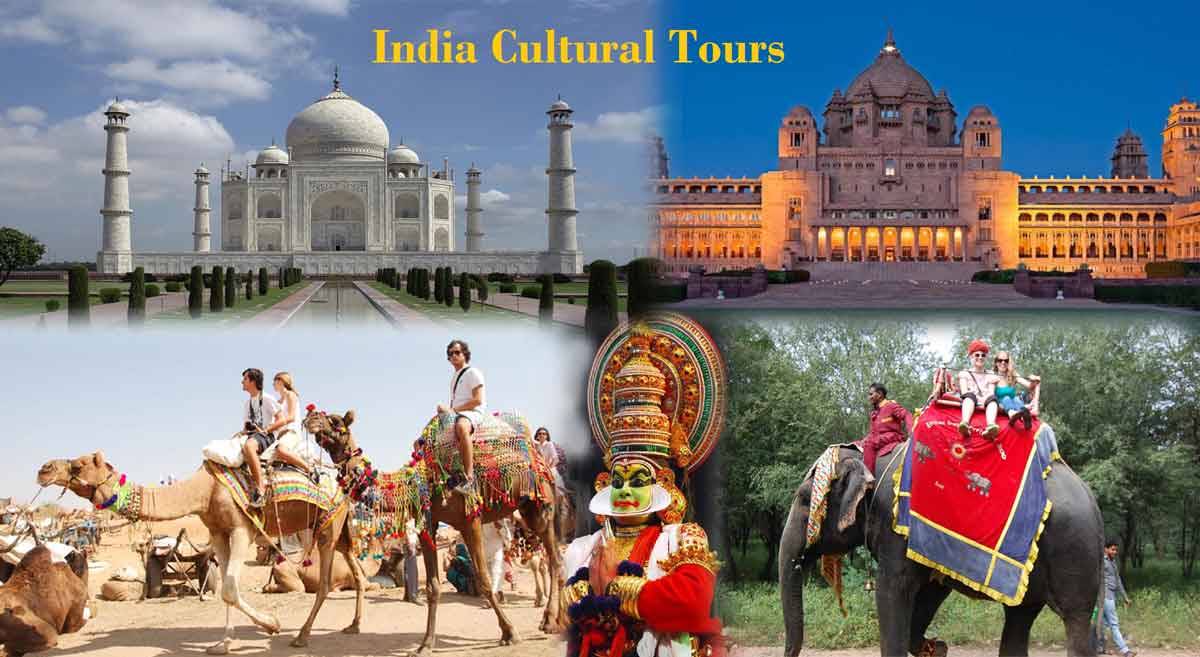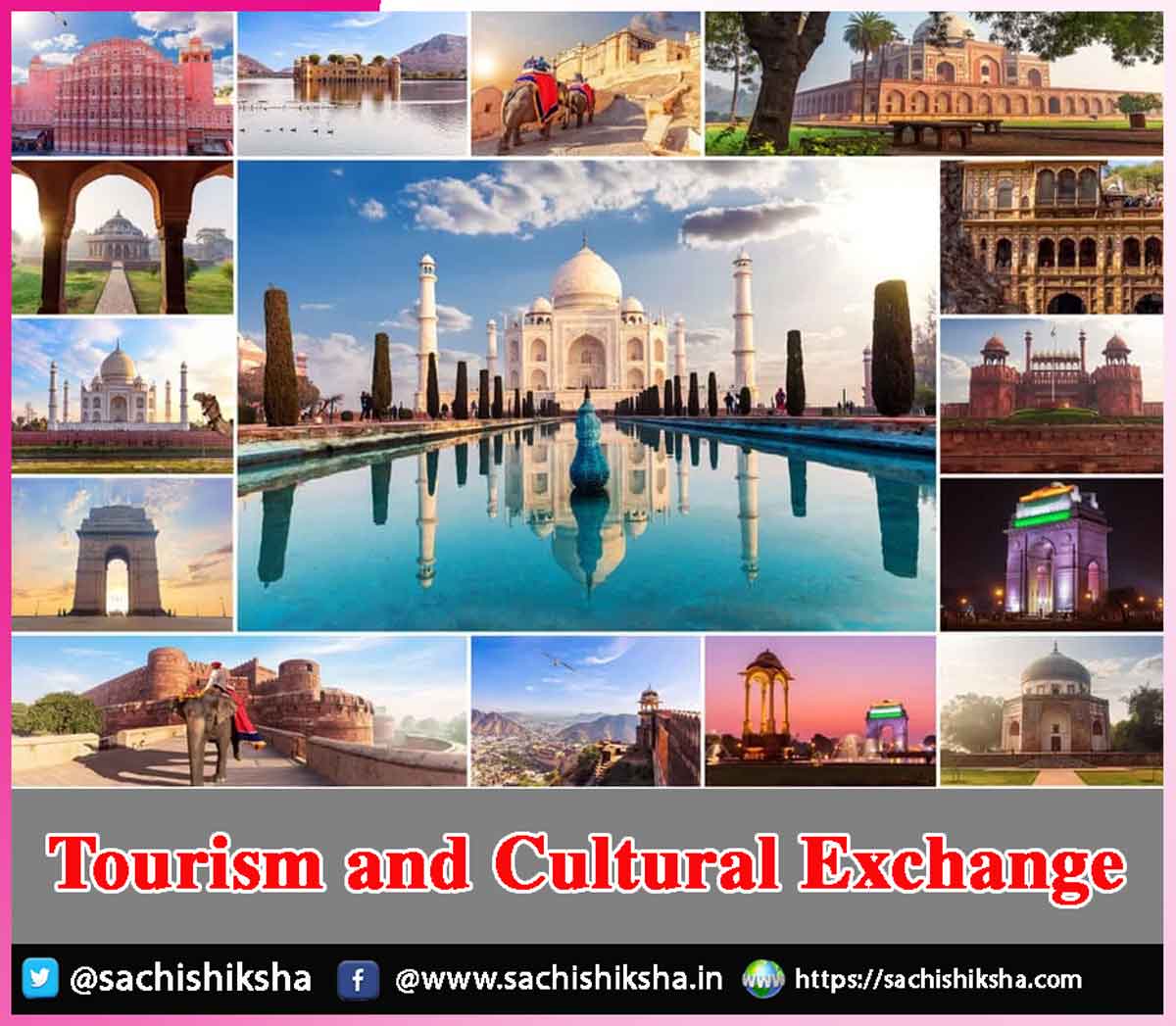Tourism and Cultural Exchange
Introduction: Tourism is often thought of simply as travel for leisure, relaxation, or adventure. Yet, its impact goes far beyond enjoyment, it serves as a vital bridge between cultures, fostering understanding, tolerance, and mutual appreciation. At its best, tourism is not just about seeing new places; it is about experiencing different ways of life, traditions, and histories. Cultural exchange through tourism enriches both visitors and hosts, shaping global perspectives and nurturing a sense of shared humanity.
Table of Contents
Experiencing Diversity Through Travel

Preservation and Promotion of Local Heritage
Conversely, tourism also allows local communities to showcase their heritage to a global audience. This exchange can strengthen cultural pride and preserve traditions that might otherwise fade. Handicrafts, folk music, dance, and culinary practices often find renewed relevance and economic viability through tourism. By creating opportunities for cultural expression, tourism incentivizes communities to maintain and share their unique identities. This dynamic helps maintain cultural diversity, which is a crucial aspect of our global heritage.
Economic Benefits and Cultural Sustainability
The economic dimension of tourism also plays a critical role in cultural exchange. Tourism generates employment, supports small businesses, and drives infrastructure development. Hotels, restaurants, and travel services, all benefit from the influx of visitors. Importantly, these economic benefits are closely tied to cultural experiences: travelers are willing to pay for authentic interactions, guided tours, and traditional performances. Thus, tourism not only supports local economies but also sustains the very cultural expressions that attract visitors in the first place.
Fostering Dialogue and Global Understanding
In addition to fostering understanding, tourism encourages dialogue and interpersonal connections. Meeting people from different backgrounds, engaging in shared activities, and exchanging stories can challenge preconceived notions and broaden one’s worldview. Travelers often return home with a deeper appreciation for global diversity, while locals gain insights into foreign perspectives and practices. Such interactions can reduce prejudice, promote tolerance, and contribute to a more interconnected and harmonious world.
Challenges of Over-Tourism
However, tourism and cultural exchange are not without challenges. Over-tourism can lead to the commercialization of culture, loss of authenticity, and environmental degradation. When cultural practices are reduced to mere performances for tourists, their original meaning can be diluted. Moreover, if tourism is not managed sustainably, it can disrupt local communities and contribute to inequality. Responsible tourism, therefore, requires careful planning, respect for local traditions, and collaboration between visitors, residents, and authorities to ensure that cultural exchange benefits everyone involved.
Role of Technology in Enhancing Cultural Exchange
Technology has further amplified the potential of tourism as a vehicle for cultural exchange. Digital platforms allow travelers to research destinations, connect with local guides, and participate in immersive experiences even before arrival. Social media also enables the sharing of cultural experiences with wider audiences, inspiring curiosity and empathy across borders. This digital dimension enhances traditional tourism, making cultural exchange more accessible and far-reaching.
Conclusion
Tourism is more than a leisure activity; it is a conduit for cultural exchange, understanding, and global connection. By exposing people to new ideas, traditions, and ways of life, tourism fosters empathy, tolerance, and appreciation for diversity. It empowers local communities economically and culturally while encouraging dialogue and collaboration across borders. When practised responsibly, tourism can transform individuals, societies, and even the world, making cultural exchange not just an opportunity but a shared responsibility for a more inclusive and harmonious global future.














































